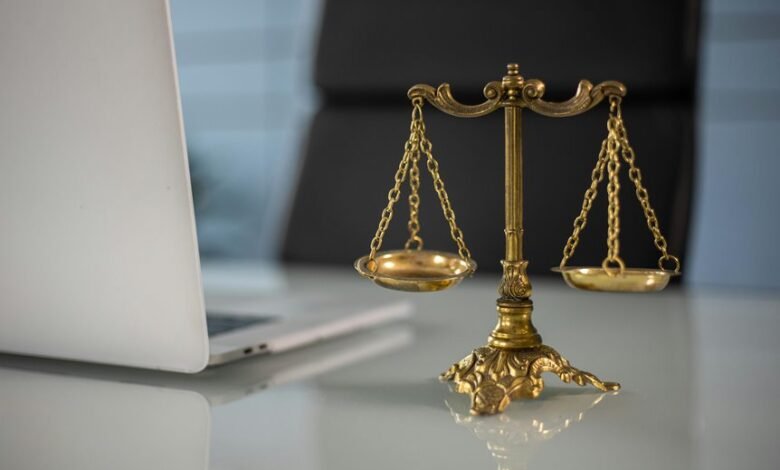JI7TAX2ETJGKDMECK5BY: Explorando o Contexto Técnico e Legal

The architecture of JI7TAX2ETJGKDMECK5BY exemplifies a complex integration of cryptographic protocols designed for secure, autonomous data processing. Its operation navigates diverse legal frameworks, posing challenges for compliance and regulation. As technological advancements evolve, so too do the legal standards that govern such systems, affecting stakeholders across sectors. Understanding this interplay between innovation and regulation is essential, yet the full scope of implications remains to be explored.
Technical Foundations and Functionality of JI7TAX2ETJGKDMECK5BY
The technical foundations of JI7TAX2ETJGKDMECK5BY are rooted in its architecture as a complex, multi-layered system designed for secure data processing. It employs advanced cryptography security protocols to ensure data encryption, safeguarding information against unauthorized access.
This robust framework enables autonomous operation while maintaining integrity, aligning with principles of digital freedom and resilient data sovereignty.
Legal Frameworks and Regulatory Challenges
Navigating the legal frameworks and regulatory challenges surrounding JI7TAX2ETJGKDMECK5BY requires careful consideration of diverse jurisdictional standards and compliance obligations.
Cryptocurrency compliance and privacy regulation are central, demanding adaptable strategies that balance innovation with legal adherence.
Stakeholders must interpret evolving laws to ensure operational integrity while safeguarding individual rights and maintaining the pursuit of freedom.
Impact of Technological and Legal Developments on Stakeholders
Advancements in technology and evolving legal frameworks significantly influence stakeholder engagement and decision-making within the cryptocurrency sector.
Privacy concerns and ethical implications shape risk assessments and strategic choices, emphasizing transparency and user rights.
These developments compel stakeholders to navigate complex legal landscapes while balancing technological innovation with the preservation of individual freedoms and ethical standards.
Conclusion
The integration of advanced cryptographic protocols within JI7TAX2ETJGKDMECK5BY exemplifies the delicate balance between technological innovation and legal compliance. For instance, a hypothetical cross-border transaction highlights how adaptable legal strategies are essential to maintain operational integrity amid evolving regulations. As jurisdictions tighten cryptocurrency regulations, such flexible frameworks ensure continued data security and stakeholder trust, underscoring the importance of both technical robustness and legal agility in safeguarding digital sovereignty and fostering sustainable development.







